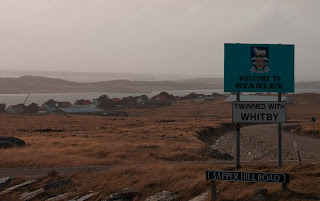Geography
Brunei, officially the Nation of Brunei, the Abode of Peace (Malay: Negara Brunei Darussalam, is a sovereign state located on the north coast of the island of Borneo. Apart from the coastline with the South China Sea, Brunei is completely surrounded by Malaysia and Malay is the most commonly spoken tongue, although English is prevalent and Nepali and various Chinese dialects are common too.
History
Brunei became a British protectorate in 1888, receiving a resident in 1906. In the years after the Japanese wartime occupation during World War II, it formalised a constitution and fought an armed rebellion. Brunei regained independence from the United Kingdom on 1 January 1984. Economic growth during the 1970s and 1990s, averaging 56% from 1999 to 2008, has transformed Brunei Darussalam into a newly industrialised country. Brunei has a constitutional sultanate. It has a legal system based on English common law, although Islamic shariah law supersedes this in some cases.
Ecology
Most of Brunei is within the Borneo lowland rain forests eco-region that covers most of the island but there are areas of mountain rain forests inland. Coconut palms and travellers trees grow frequently along the coastline, recently the palms in our road were harvested to prevent any inadvertent injury when the coconuts ripen! Fauna of note around the base includes long-tailed macaques, a variety of birds including the rather striking hornbills, snakes such as cobras, monitor lizards, chit chats, frogs, and loads of insects such as dragonflies and damselflies.
Metereology
The climate of Brunei is tropical equatorial. The average annual temperature is 26 °C (79 °F), with the April–May average of 24 °C (76 °F) and the October–December average of 23 °C (74 °F).
Economy
Crude oil and natural gas production account for about 90% of the GDP. About 167,000 barrels of oil are produced every day, making Brunei the fourth largest producer of oil in South-east Asia. It also produces approximately 895 million cubic feet of liquified natural gas per day, making Brunei the ninth-largest exporter of the substance in the world. Around the garrison area 'nodding donkeys' can be seen in the grasslands, pumping oil to the required location. Brunei depends heavily on imports e.g. rice, food products, livestock, motorcars and electrical products from other countries. Things that seem to be produced locally i.e. are cheap and abundant are watermelons, sweetcorn, durian fruits, cucumbers and rambutans.



























